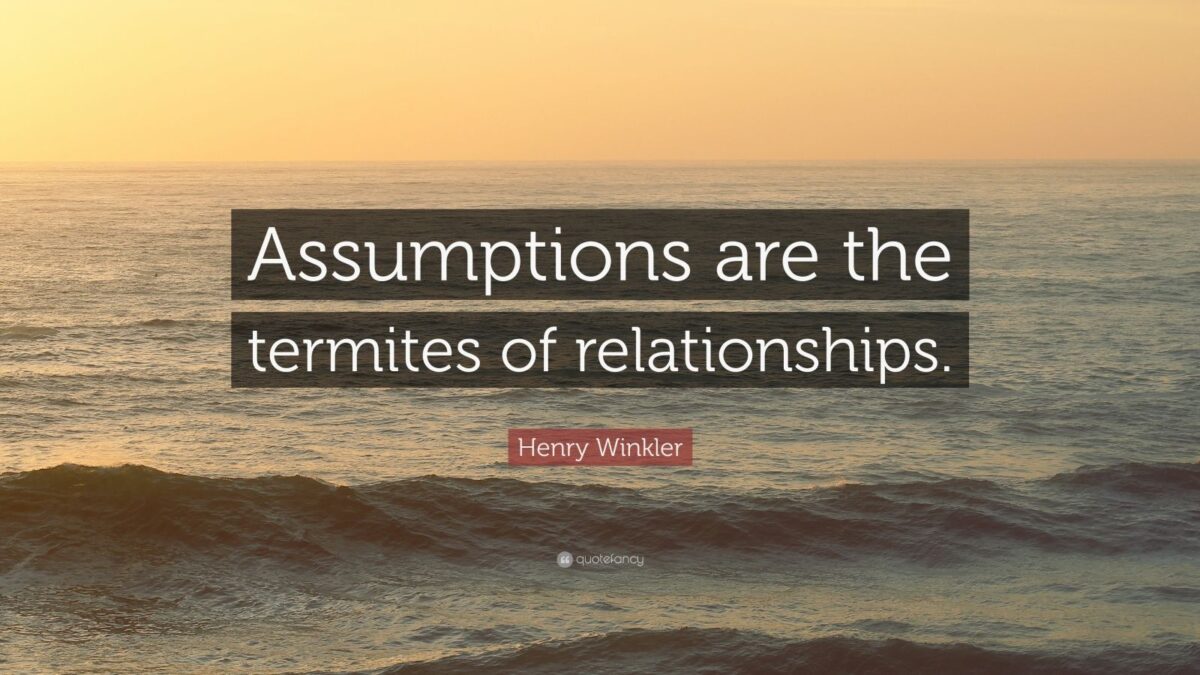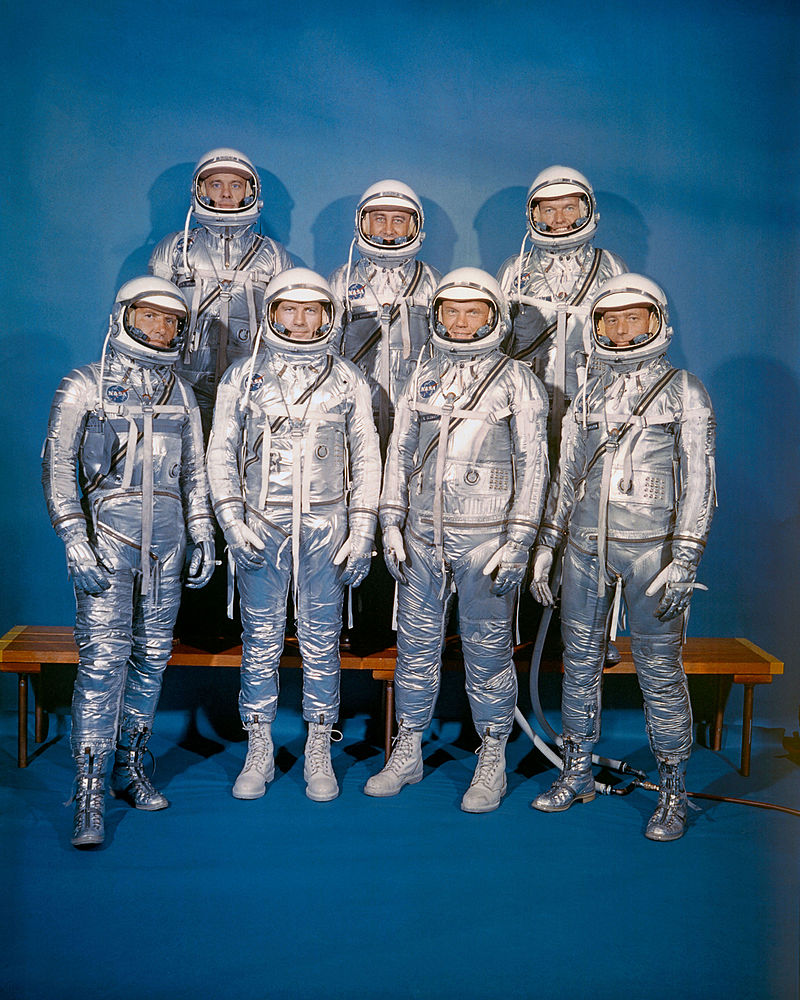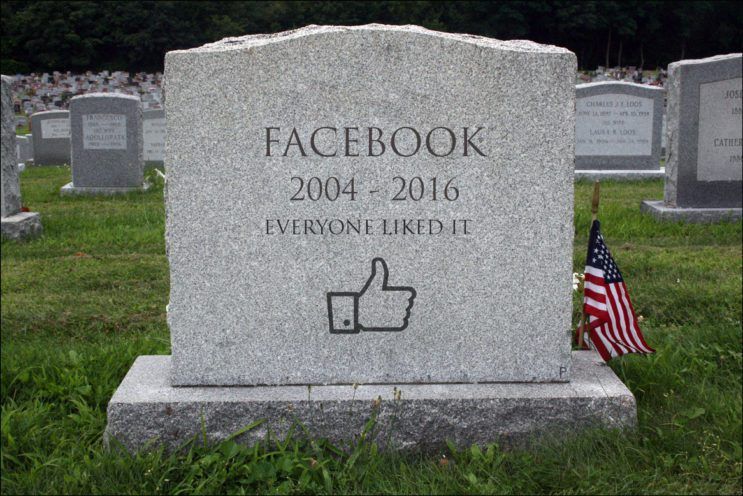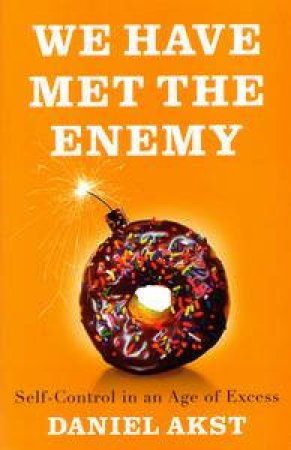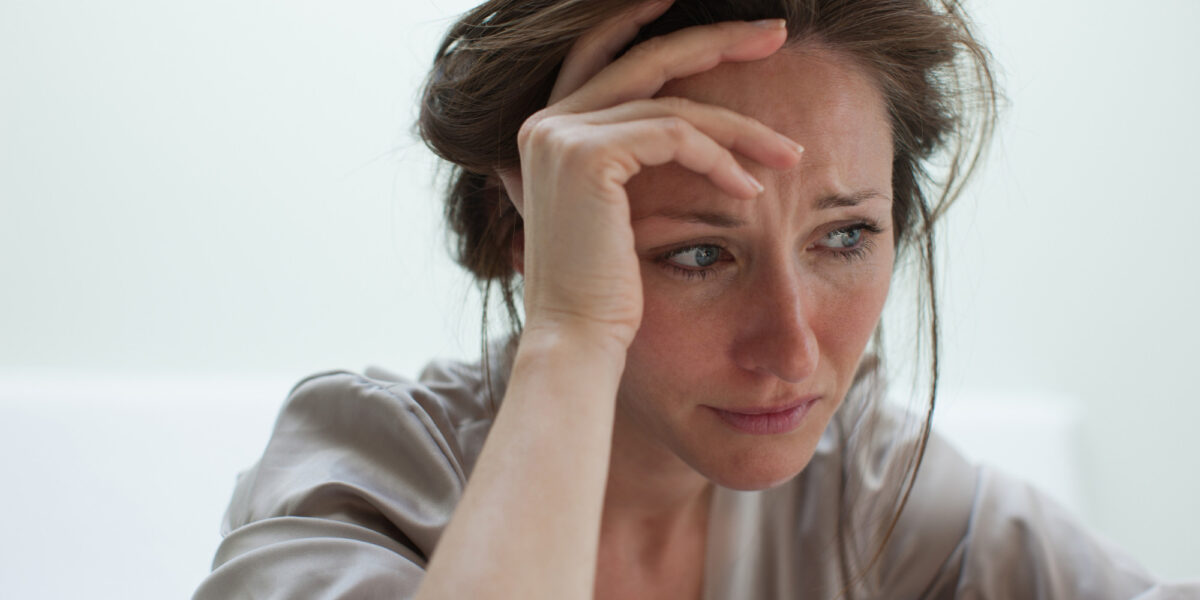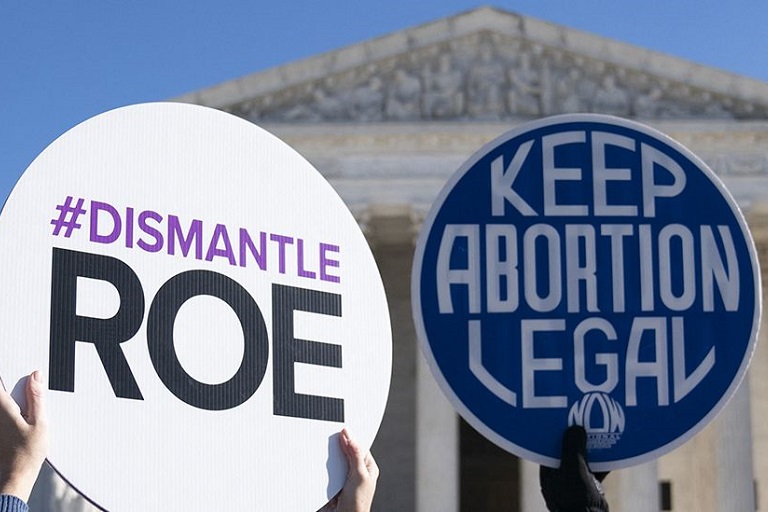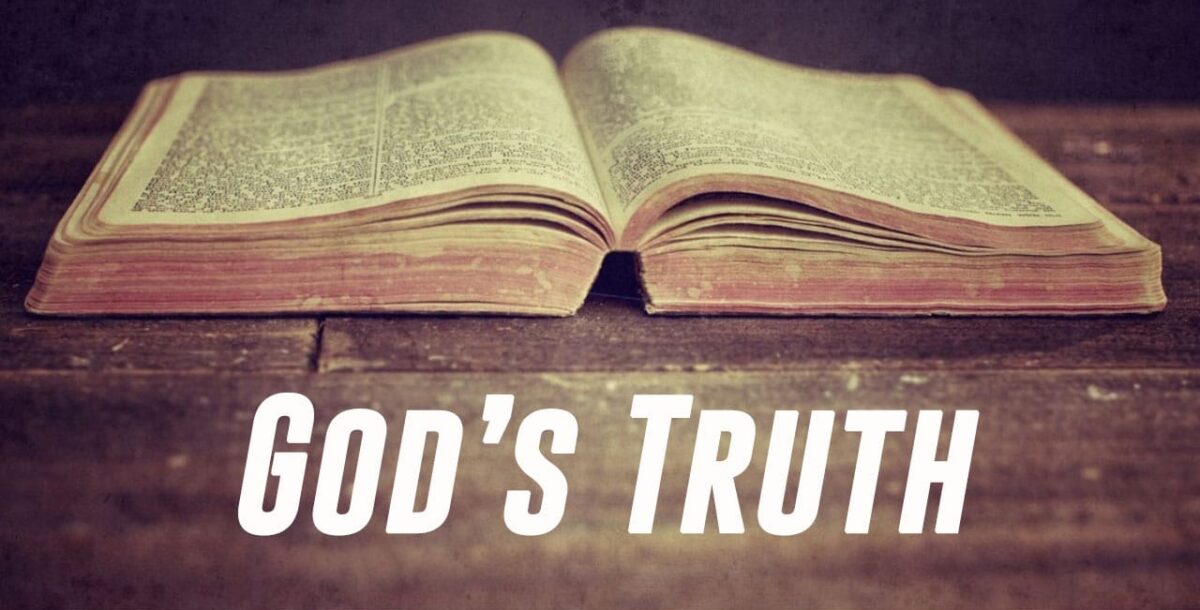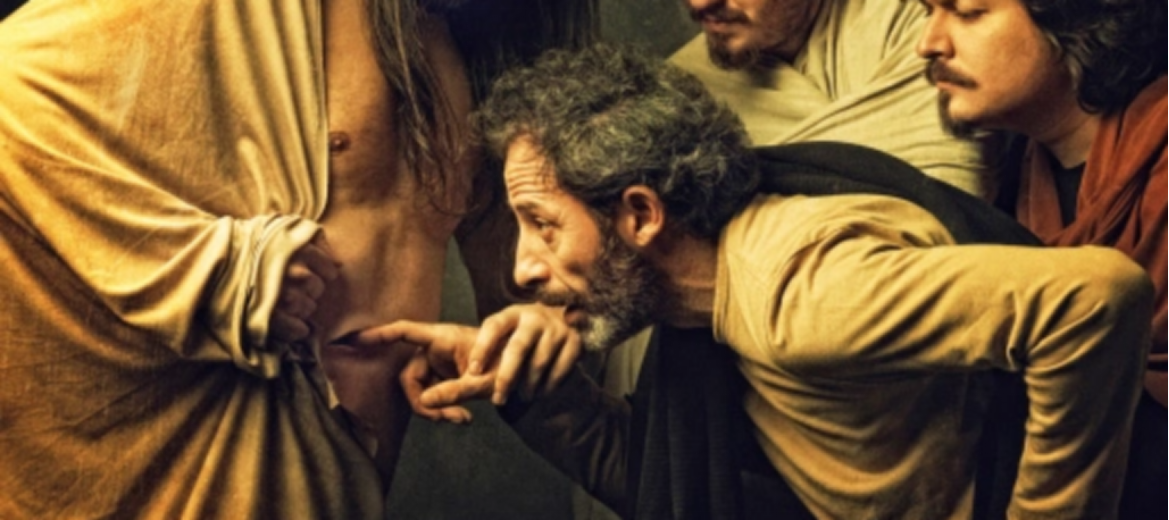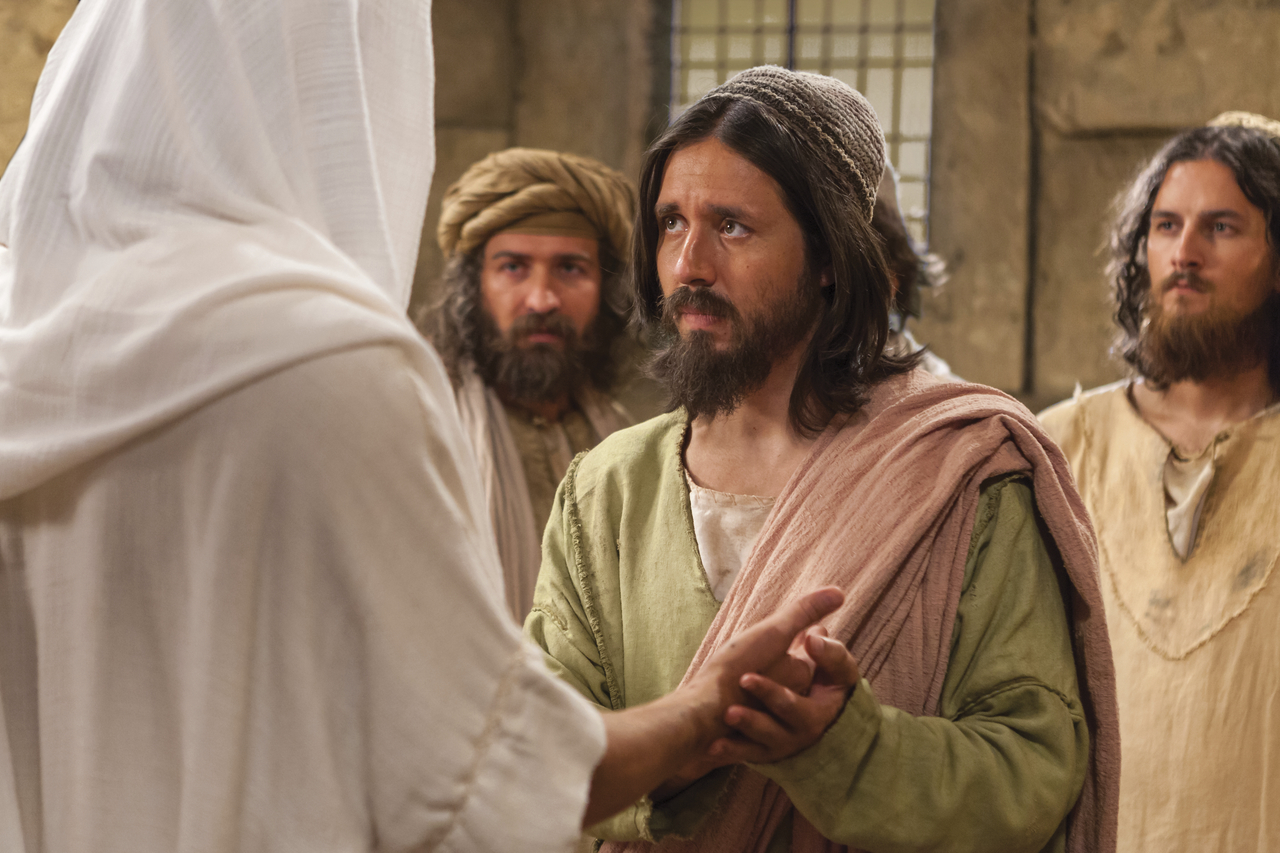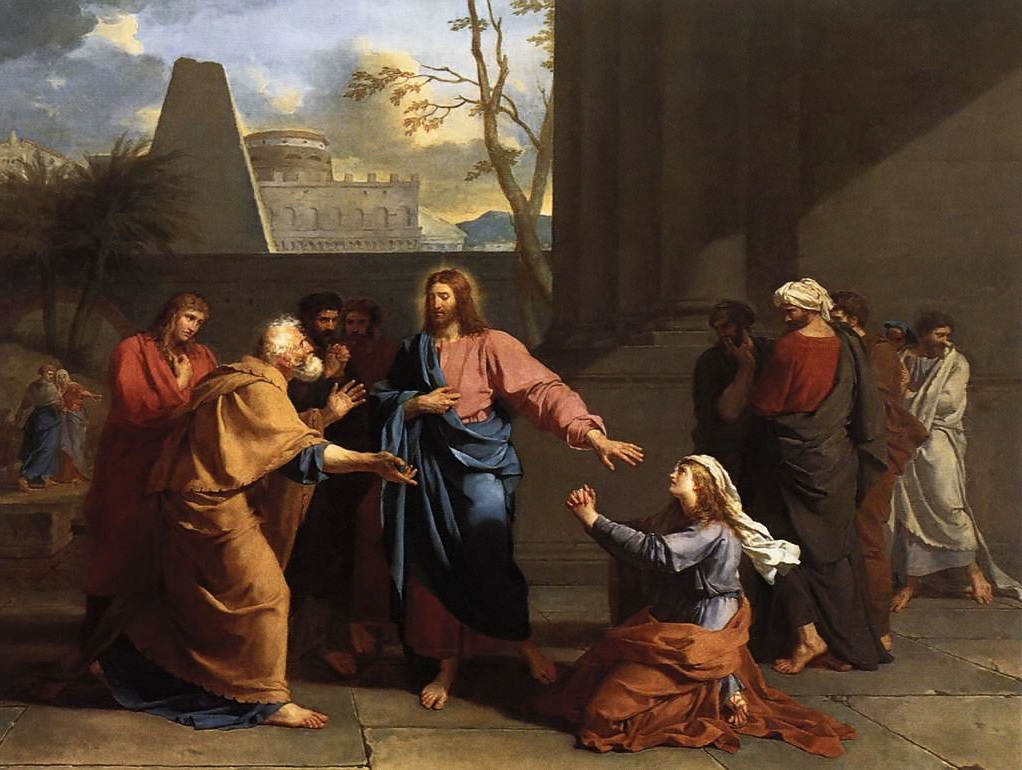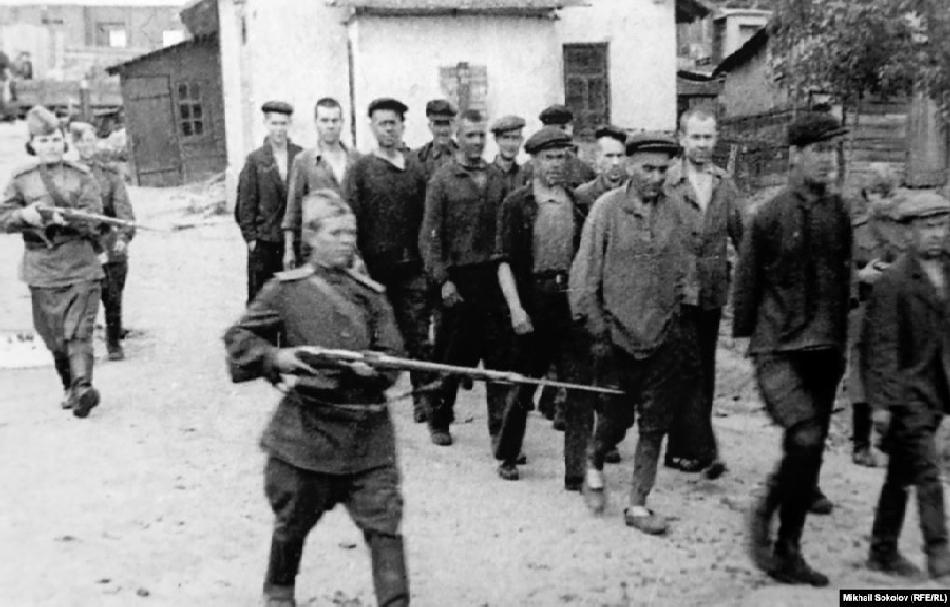I hope this comes as no surprise to those who take their daily Rosary meds, but do you know there’s a correlation between practicing faith and happiness? Inversely, those who do not practice their religion formally have a higher mortality rate than those who do. This is why it’s so important to make your faith a priority in your life.
I have a quick disclaimer before jumping into this article. I frequently talk about Mass attendance. But I’m using it as shorthand for actively practicing your faith. Since the Mass is the pinnacle of the Catholic faith, I call it out specifically. But Mass is one component of the Catholic Church that is combined with prayer, devotion, and sacraments.
Increasing Despair
MarketWatch summarized a paper (sorry, I can’t find a link to the actual source) authored by researchers from multiple universities. They observed that groups that showed a decline in religious adherence experienced increased mortality rates while the general trend steadily declined. This hit non-practicing, middle-aged, white Americans without a college degree the hardest.
States that experienced larger declines in religious participation in the last 15 years of the 20th century saw larger increases in deaths of despair.

The Consequences of Missing Mass
I bring up this study because we live in an era where people dismiss the benefits of formal religious practices. This widespread attack on formalized religion has real consequences. Consider the millions of people who lived in misery and despair because they bought into the cultural lie that organized religion is a lot of superstition and bigotry. Think about the people trying to find meaning in their lives but don’t consider stepping into a church. After all, religion’s only goal is to limit your freedom and fun right?
I’m not saying that everyone who attends Mass on Sunday and prays daily has a long, easy life. There are still bills to pay, people to feed, bosses to please, and health concerns. But God wants to help us through all these challenges whether they are self-imposed through sin or just part of living in this world. But we have to humbly come before God and ask for his help. He will answer and guide us through his son, Jesus Christ, the Holy Spirit, our Mother Mary, and the saints and angels in Heaven. But he doesn’t force himself in our lives. God gives us the freedom to not ask for his help and he’ll respect our choice. But we have to admit that our choices have consequences.
I constantly tell my boys that they wouldn’t pass up a free cookie or treat. They wouldn’t pass up easy extra credit on a school assignment. They wouldn’t pass up extra screen time. So they shouldn’t pass up asking God for help in their struggles, both big and small. No one can provide better help than an all-powerful and all-loving God. But that’s exactly what people are doing when stop attending Mass, praying regularly and essentially cutting out God from their lives.
Why do People Miss Mass?
Maybe it’s pride that keeps people away from practicing their faith. They don’t want to admit that they need help in their lives. Perhaps they can’t admit that our social and political “leaders” (yes, I’m using scare quotes) cannot solve all their problems. Maybe they feel their friends will ostracize them if they dare step into a church or admit the Christian dogma has value. And let’s not forget the role Satan plays in convincing people that practicing their faith isn’t important. The pandemic was a banner time for him.
People need to fill that void with something. For some, it may be mindless entertainment — YouTube and TikTok videos or binge-watching Netflix. For others, they turn to vices like alcohol, drugs, and various manifestations of the seven deadly sins. Others may fill that void with more wholesome activities — exercise, reading, education, community involvement, time with friends, and hobbies. But an adult softball league will never be an adequate replacement for the Eucharist.
Helping Lost Souls

The data shows what many of us know intuitively — we are lost when we don’t actively practice our faith. Meditate and pray for those who are lost when you pray the Fifth Joyful Mystery. Remember how Mary and Joseph searched in sorrow because they lost Jesus? Now think of all of those souls in this world who are miserable because Jesus is missing in their lives.
Now consider that the Holy Spirit may be asking you to help guide some of these lost souls back to their faith. This is a daunting prospect for many of us. It’s easy to pray for increased parish participation. But it’s much more difficult and scary to actively bring people back to Mass. That may be what God is asking of you. You may be the answer to someone’s prayer. In bringing people back to the Chruch, you may not only save a life but help save a soul.

